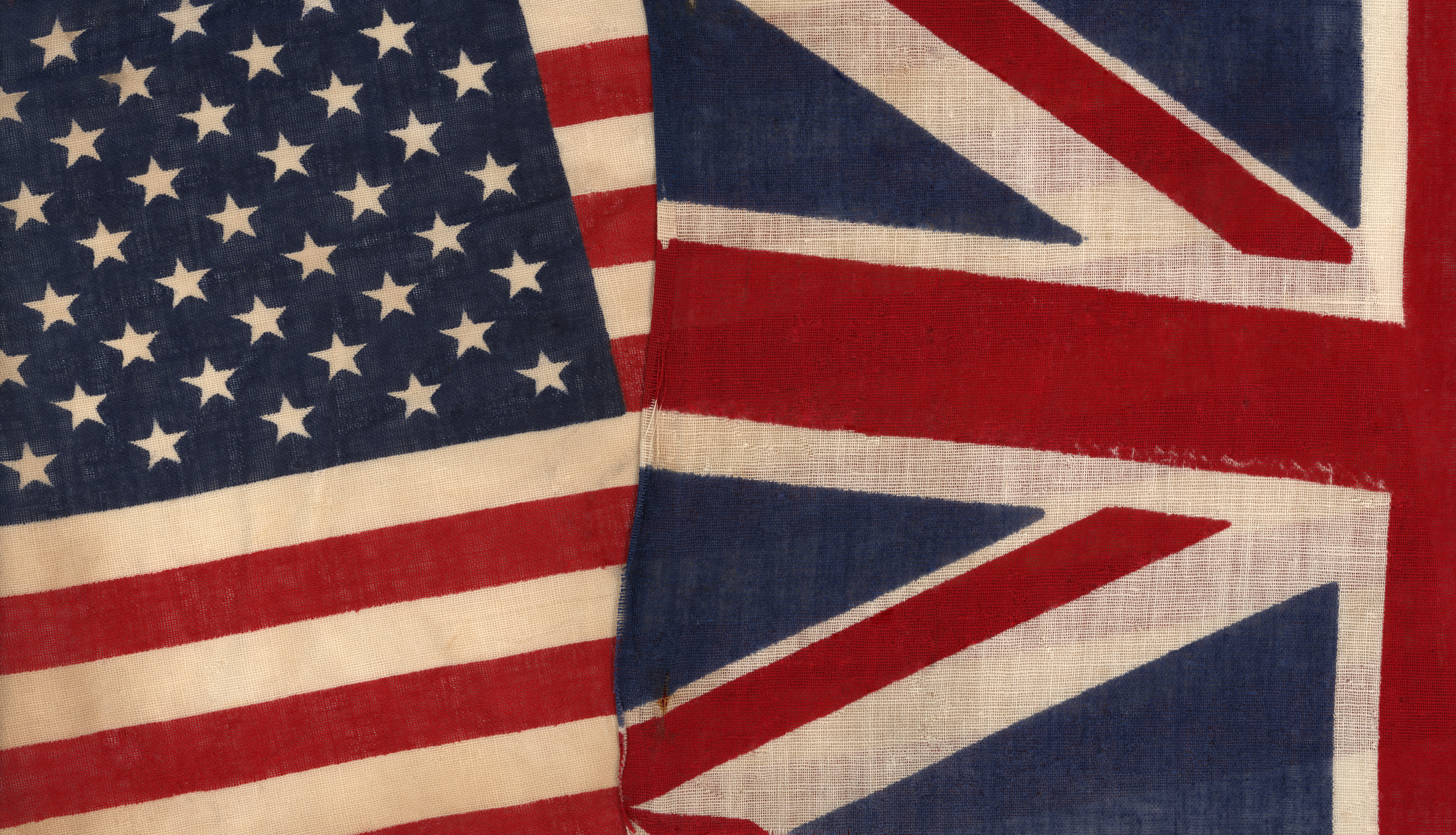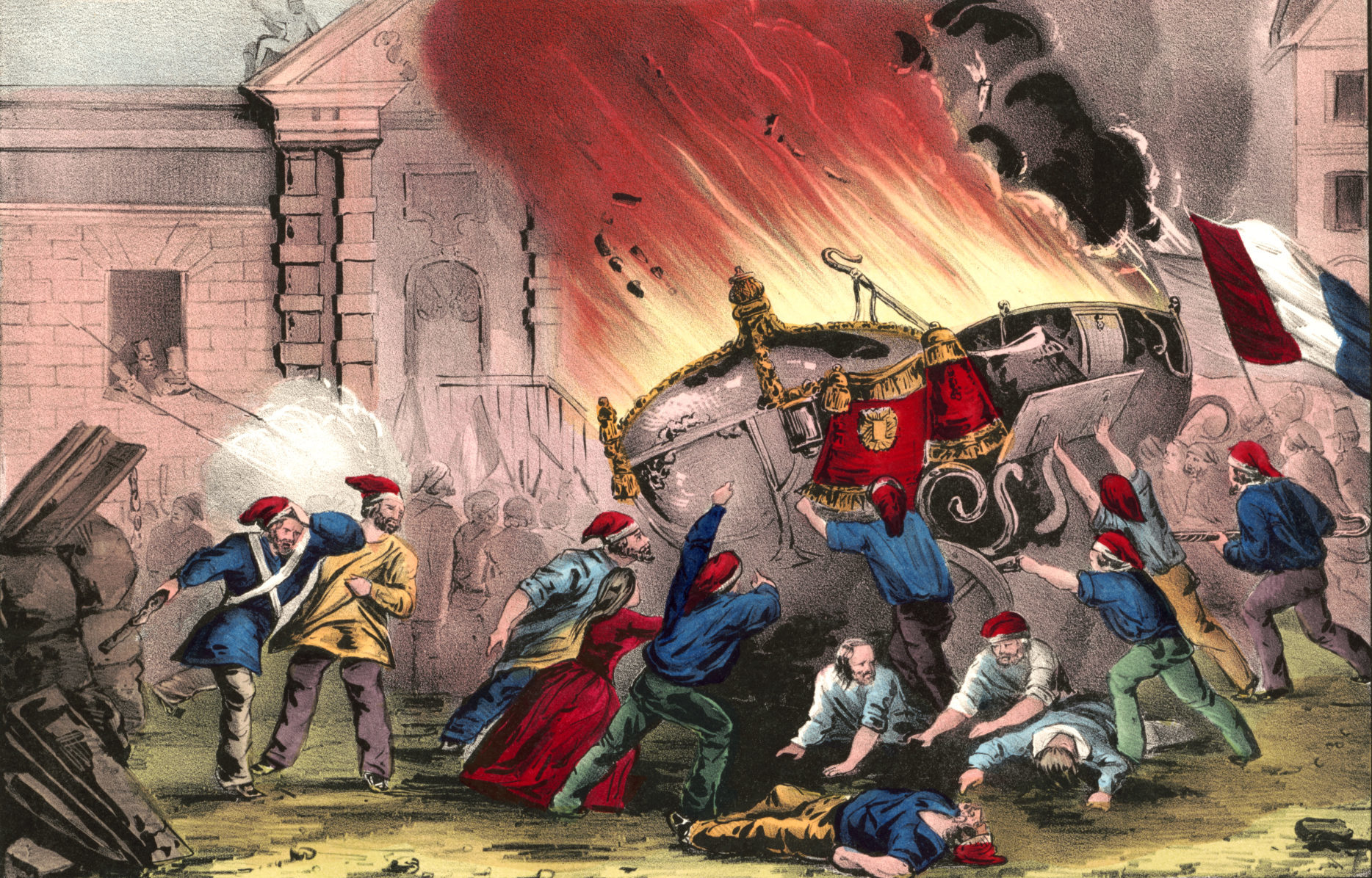The brave moderation and manly prudence of Edmund Burke.
Was Burke Burkean?

Prudence looks different on each side of the Atlantic.
Dan Mahoney’s insightful account of Edmund Burke paints him as an Aristotelian statesman. As he puts it, “Guided by the classics such as Aristotle and Cicero, Burke never confuses prudence with mere calculation or pragmatism or with a rejection of moral limits and constraints. In this regard, he is with the ancients and the Christians and not the modern Machiavellian tradition.”
This is quite true, but it is hardly what makes Burke distinctive. For that we must turn to Burke’s emphasis on caution: as Greg Weiner suggested and Mahoney affirms, Burke “was perhaps the first commentator fully to theorize the case for caution as a sort of default position rooted in the moral virtue of humility.”
Burke, Mahoney notes, “took aim at a ‘misguided prudence’ that confused cowardice (or confusion) with humility.” That’s true, but it is not quintessentially or uniquely Burkean. After all, John Adams said much the same thing. Benjamin Rush, a friend from 1776, noted to Adams that another colleague called prudence a “rascally virtue.” As I noted in a piece on Adams and Burke a few years ago in the CRB, “Adams replied that, ‘his meaning was good. He meant the spirit which evades danger when duty requires us to face it. This is cowardice, not prudence.’” But “That was not prudence properly understood.” Rather, Adams explained, “By prudence I mean that deliberation and caution, which aims at no ends but good ones, and good ones by none but fair means, and then carefully adjusts and proportions its good means to its good ends.”
So though Burke shared in this understanding, and other elements of classical prudence, it was not distinctive to him.
What set Burke apart, that is to say, what made Burke Burke, was the judgment that in his circumstances it was prudent to bring forward caution as a virtue, as a means to combat the philosophical arrogance of the philosophes.
That brings up the issue that Burke, or, rather, Burkeanism, raises for Americans. To what degree would prudence suggest the same emphases among English speaking peoples on both sides of the Atlantic? In the century before Burke, the great jurist and Parliamentarian Edward Coke had dismissed the idea of “sovereignty,” noting that it is a concept foreign to English law. To Coke, the idea that a future Parliament might claim the right to make law in “all cases whatsoever” in any English jurisdiction, as the colonial Declaratory Act of 1766 had, was unthinkable.
But by Burke’s day it was not. Broadly speaking, in Coke’s day the distance between Parliament’s legal rights and what was both moral and legal was small. In Burke’s day, given Parliament’s belief in its sovereignty, they were radically separate. Hence a teaching of caution was prudent as a means to teach Parliamentarians how to operate in a morally decent and in a politic manner in light of the new legal premise.
The colonies, however, were different. In an important essay a few decades ago, Barbara Black noted that the spirit of the law as practiced in the colonies in the 1760s was, in many ways, closer to Coke than it was in England at the time. Perhaps this is why I have revisited Burke’s great 1775 speech on “Conciliation with America” so many times since I first read it in my undergraduate days. Sometimes I assign it in a historiography class—seeking, as it were, to break the historical fourth wall, and to encourage the class to consider if we historians might be mistaken to assume that we always understand better than our subjects. Burke’s essay contains unquestionably profound insights. But, having re-read it as I pondered Mahoney’s Burke, I began to wonder if the speech was, in fact, prudent.
However insightful, eloquent, and logically powerful, it could not win over the House. Did it change any minds at all?
That being the case, was Burke not, in his great speech, chasing an abstraction? Perhaps he thought that he was laying down a marker for future policy decisions. At the very least he was, in the near time, making himself irrelevant. Was he, in other words, acting more like an intellectual than a statesman? In the context of his native England, that’s at least an open question.
But if we turn to America, prudence looks slightly different. Mahoney notes that Burke contrasted the “real rights of men” with the “pretended rights” of man—the former as embodied in the English tradition, and the latter an abstraction that fanatics were trying to impose on France. But Burke also wrote in Reflections that “government is not made in virtue of natural rights, which may and do exist in total independence of it; and exist in much greater clearness, and in a much greater degree of abstract perfection; but their abstract perfection is their practical defect.” That was a prudent way for a British statesmen to talk in Burke’s day.
In 1776 the Americans, as Burke foresaw, broke from the King in order to defend what they understood to be the “rights of Englishmen.” Having made that step, the rights of Englishmen became “the rights of men.” Neither Britain nor the British empire operated on that basis in the explicit way the United States has since our founding. That was the case not only because of the terms on which we justified independence; it was also the case because of the character of the colonies.
In his speech on Conciliation, Burke argued that “All Protestantism, even the most cold and passive, is a sort of dissent. But the religion most prevalent in our Northern Colonies is a refinement on the principle of resistance; it is the dissidence of dissent, and the protestantism of the Proestant religion.” But though in the South “they have a vast multitude of slaves,” as a result “freedom is to them not only an enjoyment, but a kind of rank and privilege.” In both cases, the culture pointed to an explicit and determined embrace of the principles of 1776 as the foundation of a new regime. Northerners would make that turn due to their religion, Southerners because once they turned away from slavery, the proud character of their liberty would remain.
In short, had Burke been an American statesman, he would not have been a Burkean. Neither Lincoln nor Washington was a Burkean statesman, though perhaps the half-American Churchill was. And that might be precisely what Mahoney’s insightful account of Burke’s statesmanship suggests. Perhaps Mahoney is pushing back against an over-emphasis on the more well known elements of Burke’s political rhetoric. That’s a worthy project. At the same time, his account of Burke forces us to consider anew the rhetorical dimension of Burke’s statecraft, and to consider the possibility that what is often regarded as “Burkeanism” is, in fact, a reflection of Burke’s calculation of prudent political rhetoric for Britain, and perhaps only (or mostly) for Britain in his own day.
The American Mind presents a range of perspectives. Views are writers’ own and do not necessarily represent those of The Claremont Institute.
The American Mind is a publication of the Claremont Institute, a non-profit 501(c)(3) organization, dedicated to restoring the principles of the American Founding to their rightful, preeminent authority in our national life. Interested in supporting our work? Gifts to the Claremont Institute are tax-deductible.
Edmund Burke’s prudential wisdom has much to teach American conservatives.
Burke, Tocqueville, and Lincoln on the right ordering of society.



